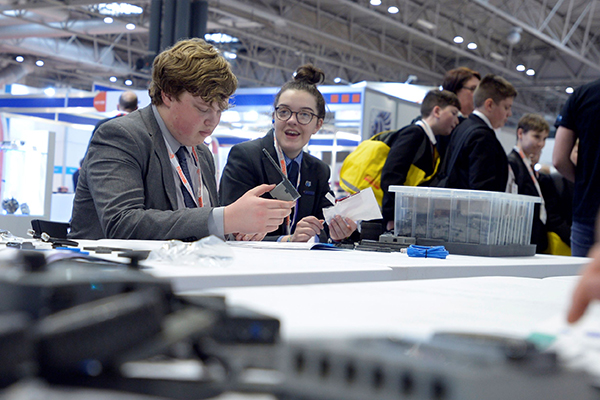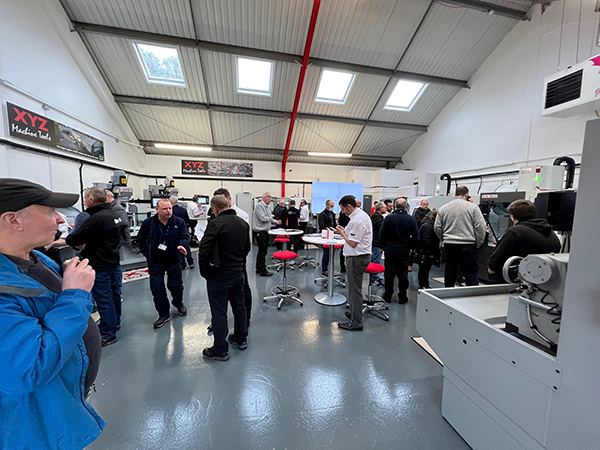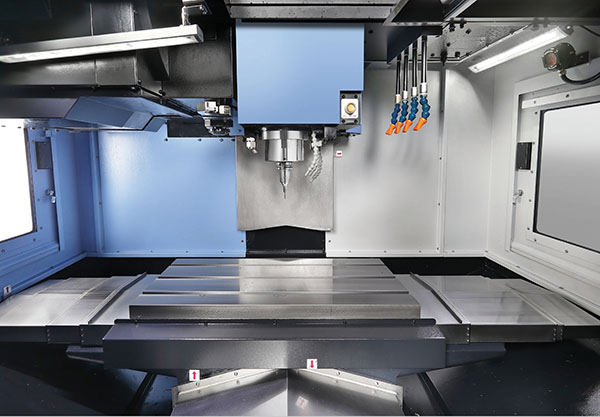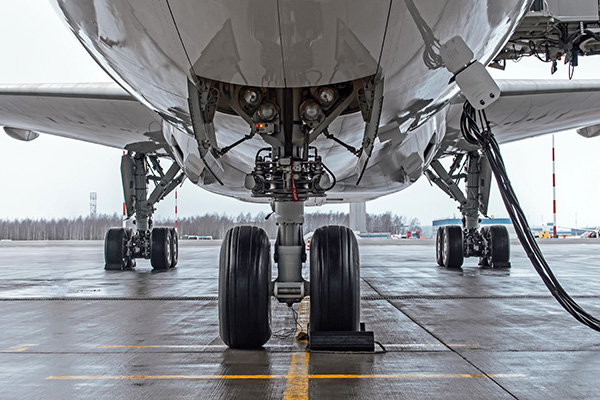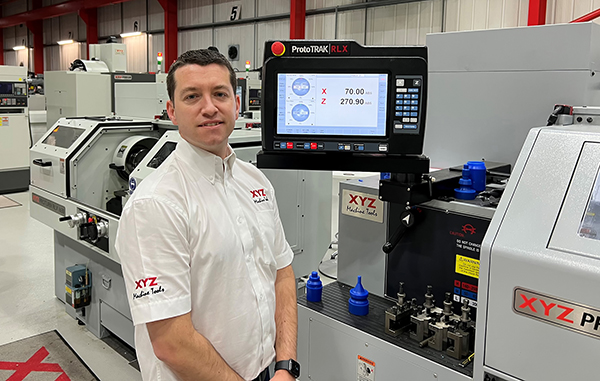
MACH 2022, the UK’s largest machine tool exhibition, will take place on 4-8 April at the Birmingham NEC. Alongside a plethora of machine tools and associated technologies, the show will focus on a number of key industry areas and feature a dedicated Education & Development Zone. Sponsored by Sandvik Coromant, the E&D Zone will feature special displays from Airbus Defence & Space, the University of Wolverhampton Formula 3 Race Team, Vex Robotics, the Bowers Group Mobile Metrology Centre, F1 in Schools, and the Engineering Development Trust (EDT).
Airbus Defence & Space, for instance, will be displaying its ExoMars Rover ground demonstration model, ‘Bruno’. Bruno is the Earth-based testing model of its counterpart, the ‘Rosalind Franklin’ Rover, which will search for life on Mars. The ExoMars will be demonstrating how it can navigate the surface of Mars, while representatives from Airbus will show how they communicate remotely with the rover. The team will also answer questions from young people keen to learn more about engineering in the air and space sectors.
For further information www.machexhibition.com






